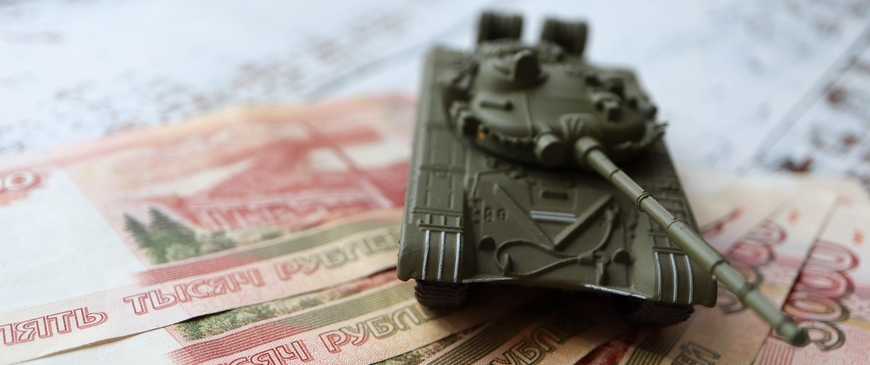
Discussion on 'The hidden risks to Russia's war finances'
With Craig Kennedy, Center Associate, Davis Center for Russian & Eurasian Studies, Havard University
Russian officials and some Western economists claim that Russia has shrugged off Western sanctions and can comfortably fund its costly war on Ukraine well into the future. But there are also signs of strain: growth has been heavily tilted to war-related industries and built on unprecedented levels of corporate borrowing - much of it state-directed soft loans. Meanwhile, the 2025 budget looks in trouble, with spending up, oil revenues down, and increasing talk about the need for cuts. Among the subjects for discussion were Russia's ability to keep relying on off-budget soft loans to help fund the war; the systemic risks these war debts pose; and whether Western sanctions can roll back the "shadow fleet" and put further pressure on Russia's all-important oil revenues.
